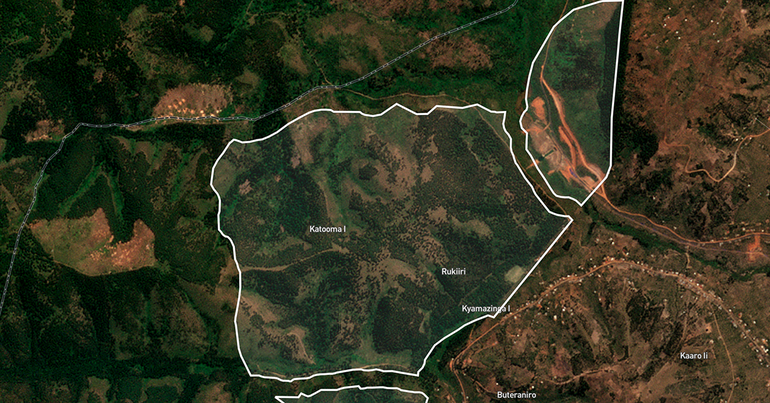
Dr Phil Platts
SVP, Geospatial and Earth Observation
Dr Phil Platts's interests
Energy
Water
Nature-Based Solutions
Blue Carbon
Forestry
Soil Carbon & Agriculture
Waste
Biodiversity
Biomass sampling
Carbon mapping
Causal inference
Climate modelling
Co-benefits
Conservation science
Data science
Drone surveys
Environmental economics
Field scientist
Fire dynamics
Forest carbon
Geoinformatics
Geostatistics
Geospatial sciences
GIS
Hydrology
Mathematics
Plant sciences
Process models
Remote sensing
Satellite imagery
Sustainable Development Goals
Dr Phil Platts is a conservation scientist whose work looks at the measurement and modelling of forest biodiversity, ecosystem services, and conservation costs. Much of his doctoral and post-doctoral work focused on 'sky island' rainforests in eastern and southern Africa.
Before joining BeZero, he was a senior researcher at the University of York, examining the economic costs and benefits of conservation, and exploring remote mountain forests in Mozambique. Phil's research and commentary have appeared in Nature, Science, National Geographic, the Guardian, and the World Economic Forum, among others.
Education
University of Cambridge, Post-Doctoral Research Associate in Ecosystem Services, looking at economic costs and benefits of conservation.
University of Cranfield, Post-Doctoral Researcher in Hydrological Modelling.
University of York, Post-Doctoral Research Fellow in Environment and Biology, modelling climate change impacts on species, ecosystem services and food security.
University of York, PhD Environmental Science, mapping conservation priorities in Tanzania and Kenya.
Universities of York and Linköping, MRes Mathematics in the Living Environment, with a thesis on food webs and meta-community dynamics.
University of York, MSc Mathematics, with a dissertation on climate regulation.
Research associations
Honorary Fellow at the University of York
Research Fellow at Royal Geographical Society
Member of IUCN SSC Climate Change Specialist Group
Related Insights
Read moreMapping the market: BeZero’s global boundaries database
The world’s most complete map of 3,000+ carbon projects - helping with overlap detection, better baselines, and transparency
BeZero Carbon’s first J-REDD+ rating
Announcing our first Jurisdictional REDD+ rating and outlining the implications for compliance schemes

